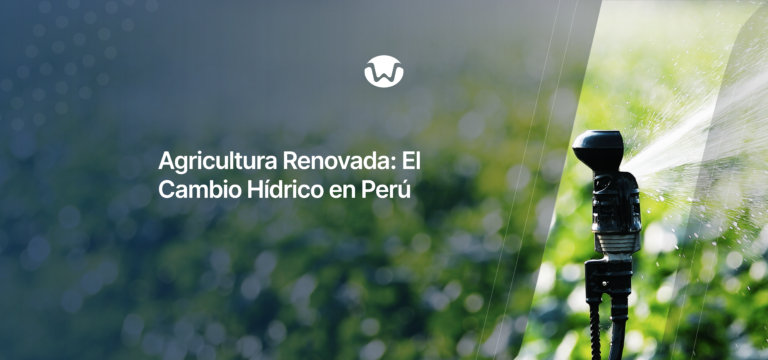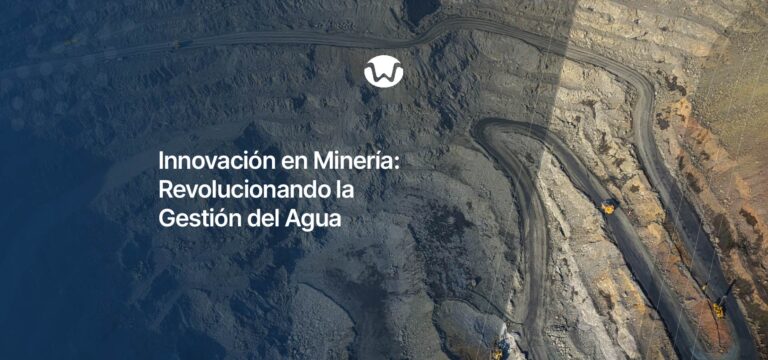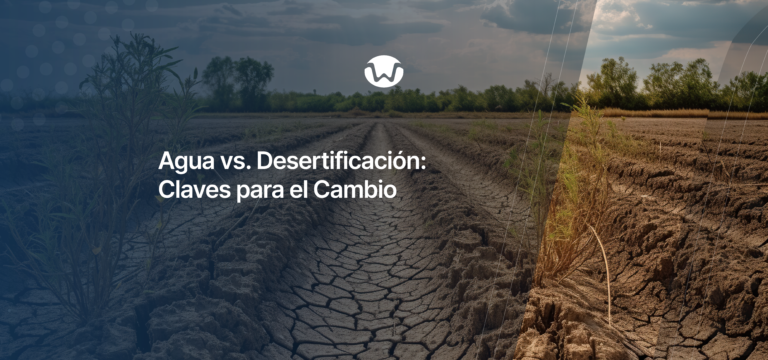
WHY IS IT IMPORTANT TO KNOW THE HYDROCHEMISTRY AND ISOTOPY OF WATER?
The human being has dedicated the last decades, even centuries, to understand the behavior of natural resources, in which water plays a leading role in the viability of various productive activities. It is for this reason that investigating areas of knowledge such as hydrochemistry and isotopy of water turn out to be very useful tools to understand processes, both natural and anthropogenic, to which this vital resource is subjected.
Thus, based on hydrochemistry and isotopy we investigate and evaluate:
The quality of water for different uses (human / animal consumption, irrigation, protection of aquatic life, mining effluents) according to national and international standards;
The impact of mining, industrial, and domestic effluents on receiving bodies;
Origin, age of waters, concentration of natural or anthropogenic solutes, transport and transformation with the support of environmental / stable (2H – 18O) and radioactive / unstable (3H) isotopes.
Solutions, redox reactions, evaporation and other processes that influence the quality and isotopic composition of groundwater and surface waters;
Hydraulic connections and seepage, for example, from tailings, dumps, waste deposits into uncontacted waters, or between lagoons and sinkholes, and many more.
Hydrochemical and isotopic analyzes cover many topics, some as specific as:
Differentiation between natural and anthropogenic acid drainage by oxidation of H2S (g) ↑ or FeS2, and
Geothermometry in hydrothermal convection systems, or differentiation of other causes of high salinity and / or temperature in groundwater. Not every abrupt increase in salinity is anthropic pollution
Related to hydrochemistry is also environmental geochemistry, which has little in common with mineral exploration geochemistry. Based on static and kinetic testing, the potential generation of acid drainage and metal leaching from waste rock, tailings, and borrowing materials can be predicted that could potentially have an impact on soil and water bodies. Without forgetting the importance of separating materials that generate little or no acid and are perhaps suitable for use in maintenance, construction and coverage work.
In this sense, it is valid to rely on these tools to make better and better decisions when evaluating the changes that a productive activity can generate in a vital resource for everyone, #water. For this reason, #tomateloenserio, we use hydrochemical and isotopic tools of water to give greater technical support to projects with great economic impact. With this, we bring scientific knowledge closer to society in general.



